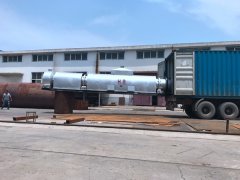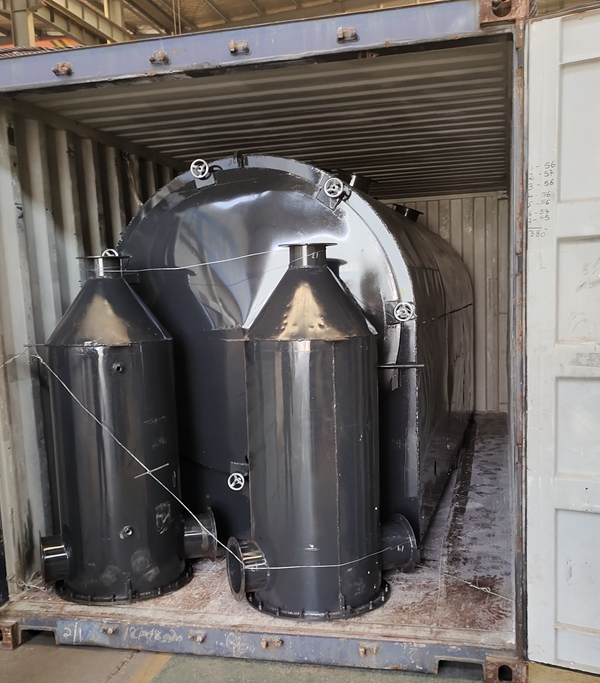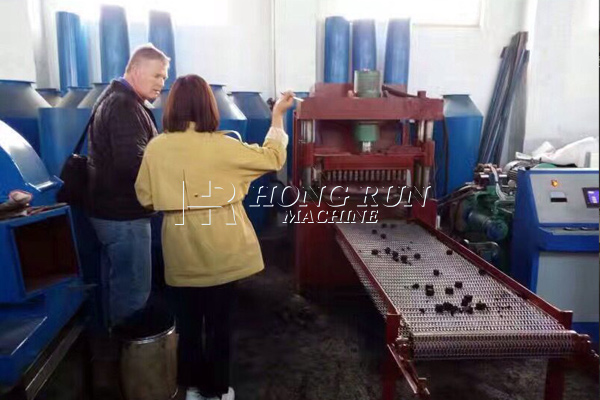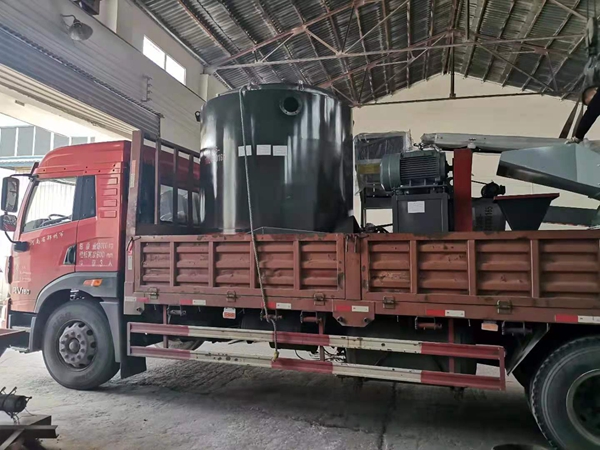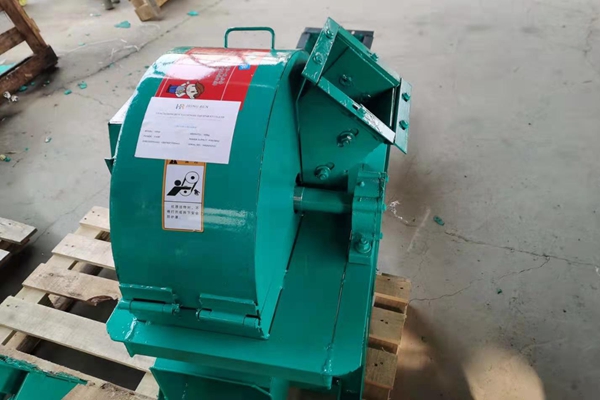Trade protectionism affects the recovery of the world economy
In 2018, the recovery of the world economy began to slow down. According to the IMF's forecast, economic growth in most countries in Japan, the UK and the Eurozone will decline in 2018. Currently, leading indicators such as JPMorgan's global manufacturing PMI (Purchasing Managers Index) and the OECD (OECD) National Manufacturing Confidence Index are beginning to fall. An important reason behind this is that the output gap in the major developed economies has turned from negative to positive. Since 2016, the economies of Japan, the UK and the Eurozone have recovered steadily. However, major developed economies have failed to reverse the downward trend in potential economic growth due to unsatisfactory potential labor supply and labor productivity growth. Currently, the output gaps in Japan, the UK and the Eurozone are positive. The negative transfer of the output gap means that the pulling effect of demand expansion on supply is weakening, the GDP growth momentum is beginning to reverse, and the macroeconomic policy space is significantly reduced.
Since the financial crisis, major developed economies have faced the problem of widening income gaps and declining real incomes of low-income inland communities. The multilateral trading system is on the brink of failure and external progress has stagnated. Against the backdrop of declining economic growth and shrinking macroeconomic policy, these economies are more likely to adopt conservative measures in their foreign trade policies. For a long time to come, the most important task for advanced economies is to promote the potential growth rate of the economy. We will adjust the industrial structure, reshape the internal economic growth base, conduct external international division of labor and global value chain reconstruction, and reconstruct multilateral trade and investment rules. Trade protectionism policy is one of the strategies to deal with these tasks, but this behavior is effective in the short term, ignoring the consideration of long-term economic development.
In this context, as the world's largest economy, the world's largest net demand market, and the former founder and leader of the multilateral trading and investment system, the United States insists on launching a trade war in order to international trade and investment rules and systems. The bargaining chip is added during the reconstruction process, which will bring powerful demonstration and competitive effects, trigger the full rise of trade protectionism, and have a huge negative impact on the newly recovered global trade and the world economy.
This will also affect China's machinery exports. If you are interested in charcoal machinery, you should plan ahead as much as possible. It is very likely that the exchange rate of the RMB against the US dollar will rise, resulting in an increase in your investment costs. You are welcome to call or contact HONGRUN Machinery Co.Ltd by email or other means.

